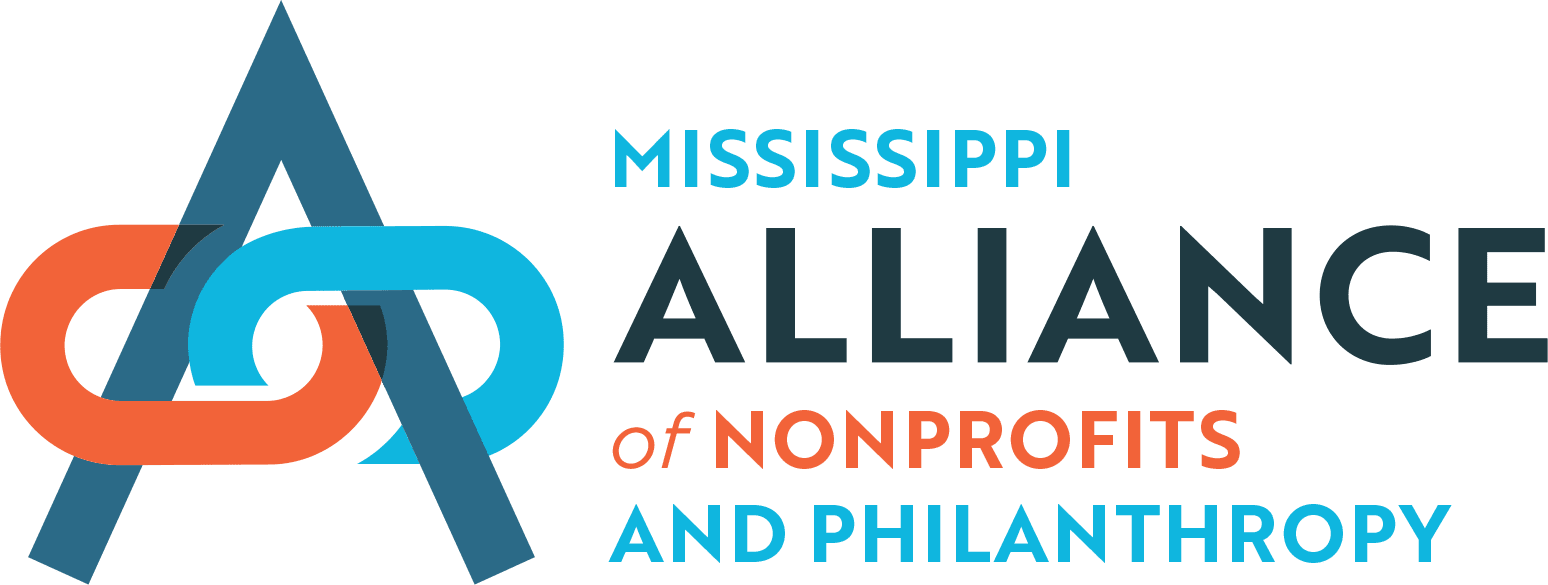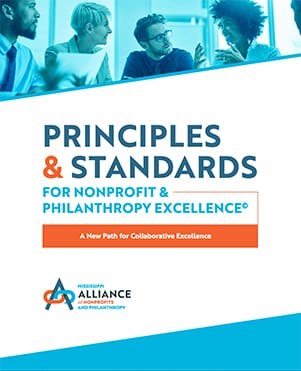Principles & Standards
For Nonprofit & Philanthropy Excellence
The 12 Accountability Principles
7. Leadership & Organizational Structure
About
Decision-Making
1. Leaders of charitable organizations should make clear the decision making structures and processes of the organization and its governing body. FS
2. Leaders of charitable organizations should devote time and attention to analyze the changing environment and steer the organization through those changes.
3. Leaders of charitable organizations should actively seek to understand underlying causes of mission-related issues and use this awareness to focus organization activities.
4. Leaders of charitable organizations should prioritize organizational goals and negotiate external relationships to buffer against excessive control of the organization by funding sources, government regulators or other external influences.
5. Leaders of charitable organizations should recognize and navigate the organization’s response to the sometimes competing interests of funders, clients, constituents, the board, the public and volunteers.
6. Leaders of charitable organizations should discern a sustainable business model for the organization that takes into account the organization’s size, focus, funding sources and activities.
Communications
7. Leaders should help the organization cope with multiple demands by focusing the organization’s attention on timely mission-relevant issues and opportunities.
8. Leaders should advocate for their organization and its mission, championing the cause in and outside of the organization.
9. Leaders should actively communicate how the organization’s activities produce the intended change in the community and inspire others to affect that change through fundraising, advocacy and programming.
10. Leaders should ensure that sufficient time and energy is invested in the organization’s communication capacity.
Culture
11. Leaders of charitable organizations should continually develop the skills, knowledge and abilities of others at all levels of the organization to take on greater responsibility for carrying out the organization’s mission and engaging community members. FS
12. Leaders of charitable organizations should create and sustain an organizational culture that best advances the nonprofit’s mission and goals.
13. Leaders of charitable organizations should push the organization to make difficult and timely decisions, challenge others in the organization when necessary, and permit conflicting views to be expressed on the way to reaching resolution.
14. Leaders of charitable organizations should foster a culture of information sharing and interaction between the board and others in the organization so that innovation and creativity can come from diverse parts of the organization.
15. Leaders of charitable organizations should identify and implement opportunities that enhance a positive working environment.
16. Leaders of charitable organizations should demonstrate the behaviors they expect of their colleagues. FS
Community Leadership, Inclusiveness, & Diversity
17. Nonprofits and philanthropies should provide opportunities for individuals to extend networking opportunities to expand its ability to serve greater populations and connect community resources.
18. Nonprofits and philanthropies should provide opportunities for individuals and the community as a whole to sharpen and strengthen leadership skills to encourage the development of emerging leaders. FS
19. Nonprofits and philanthropies should work to build trust between communities and to bridge relationships among diverse constituencies. FS
20. Nonprofits and philanthropies should be inclusive in its activities by remaining open to new ideas, participants, and external input. It should conduct itself in a way that is transparent, flexible, and responsive to change. FS
21. Nonprofits and philanthropies should identify its constituents and stakeholders – the people who benefit from, are affected by, are keys to the success of, and/or share the values implicit in its work.
22. Nonprofits and philanthropies should conduct its activities with procedural fairness to ensure inclusiveness in decision making for constituents and the community. FS
23. Nonprofits and philanthropies should provide opportunities for people from the community to hold other public and private institutions, such as government agencies, accountable to its constituents and/or the general public.

